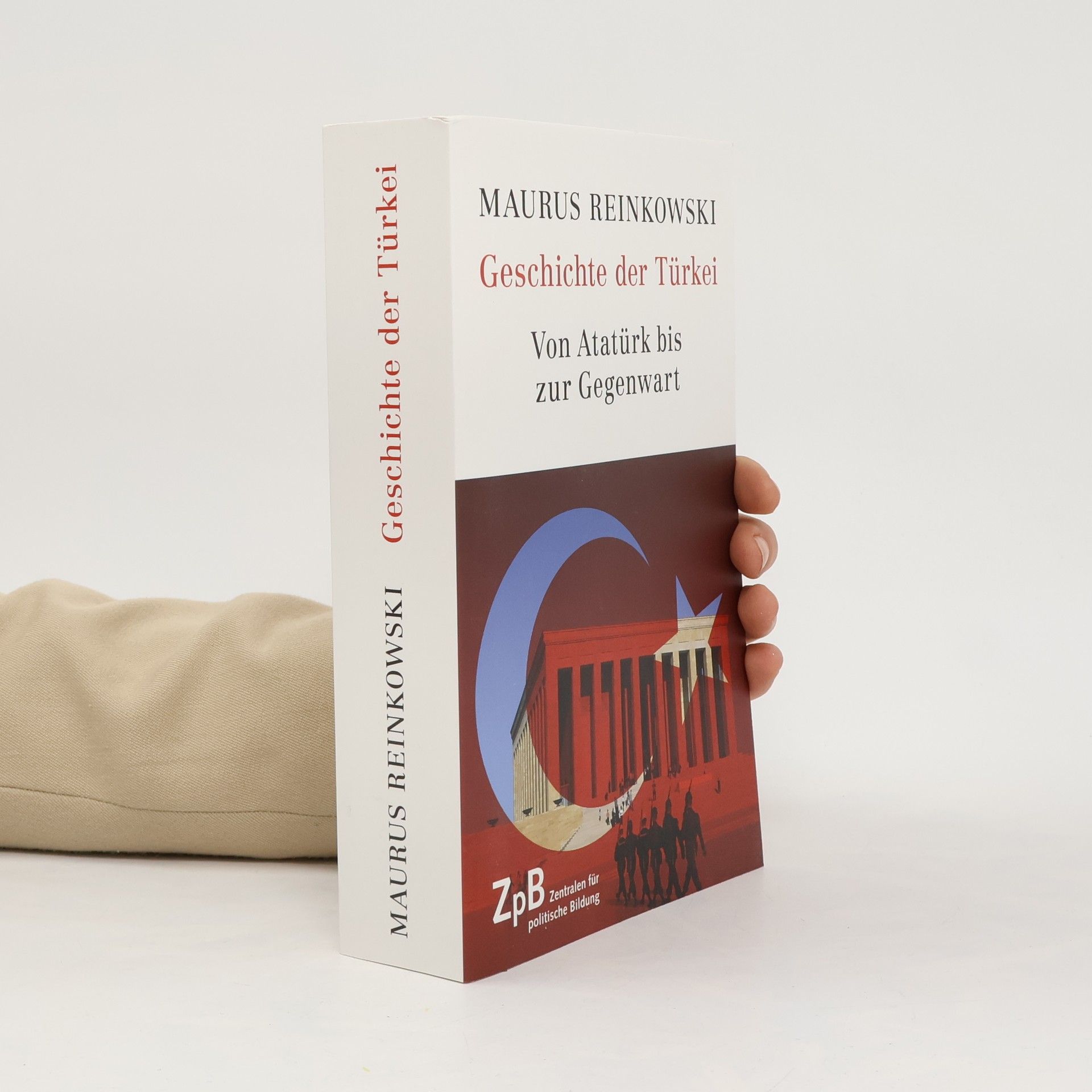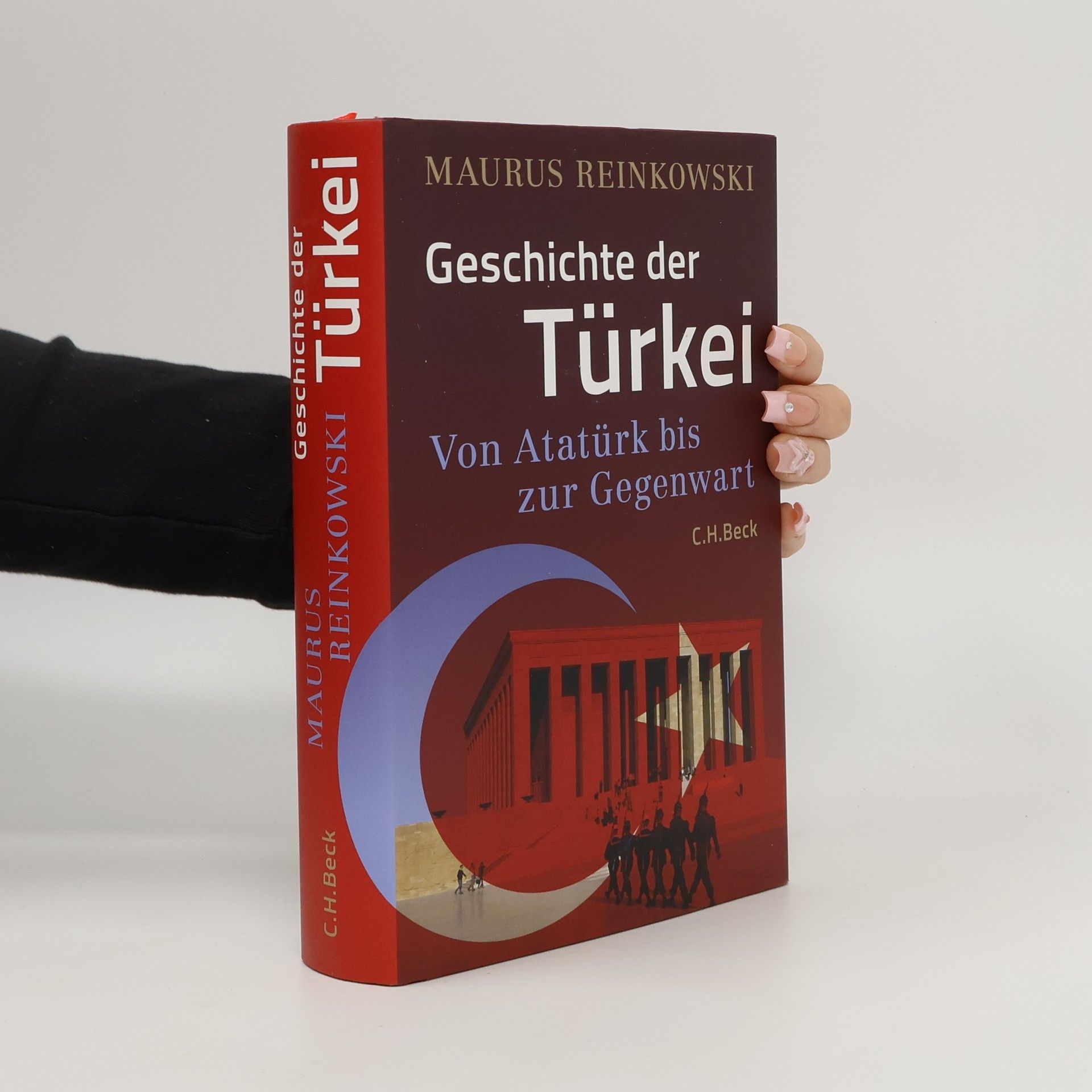This history of the Republic of Turkey provides a balanced exploration of its first century, covering all periods with equal emphasis. It presents a comprehensive and accessible narrative that highlights significant events, cultural shifts, and political developments, ensuring a nuanced understanding of Turkey's evolution as a nation. The book aims to engage readers by offering insights into the complexities and richness of Turkey's historical journey.
Maurus Reinkowski Libri
Maurus Reinkowski è professore di studi islamici e del Medio Oriente presso il Dipartimento di Scienze Sociali dell'Università di Basilea. La sua esperienza risiede in una profonda comprensione dei contesti culturali e storici della regione. Reinkowski porta un approccio accademicamente rigoroso, basato su ricerche approfondite, alla sua erudizione e scrittura. Il suo lavoro si concentra sugli aspetti chiave del mondo islamico e sulle sue interazioni con le culture circostanti.



Die republikanische Ordnung der Türkei, seit 1923 nahezu unverändert, verbirgt hinter ihrer Kontinuität dramatische Veränderungen – von der erzwungenen Europäisierung unter Atatürk über Militärputsche und Konflikte mit Minderheiten bis hin zum islamistisch-autoritären Präsidialregime Erdogans. Maurus Reinkowski, ein versierter Islamwissenschaftler, erzählt präzise und lesbar die Geschichte eines Landes an der Schnittstelle verschiedener Kulturen und Machtblöcke. Als Erdogan 2020 die Hagia Sophia von einem Museum in eine Moschee umwandelte, demonstrierte er mit der Eröffnungssure, dass die Türkei ein islamisches Land ist. Die Republik Türkei hat im Laufe ihrer hundertjährigen Geschichte ihre Identität immer wieder neu definiert: Der laizistische und europäische Nationalstaat, gefördert von Atatürk, strebte unter dem Militärregime nach 1980 eine türkisch-islamische Synthese an, sah sich nach 1990 als Führungsmacht aller Turkvölker und suchte um die Jahrtausendwende die EU-Mitgliedschaft. Heute sucht das Land den Schulterschluss mit der ehemals osmanisch beherrschten arabischen Welt. Reinkowski beleuchtet die innen- und außenpolitischen Umschwünge und macht die gesellschaftlichen, wirtschaftlichen und kulturellen Spannungen deutlich, die die Türkei zwischen Orient und Okzident bis heute prägen.